Microsoft Fabric Architecture Guide 2025 – Key Insights & Features
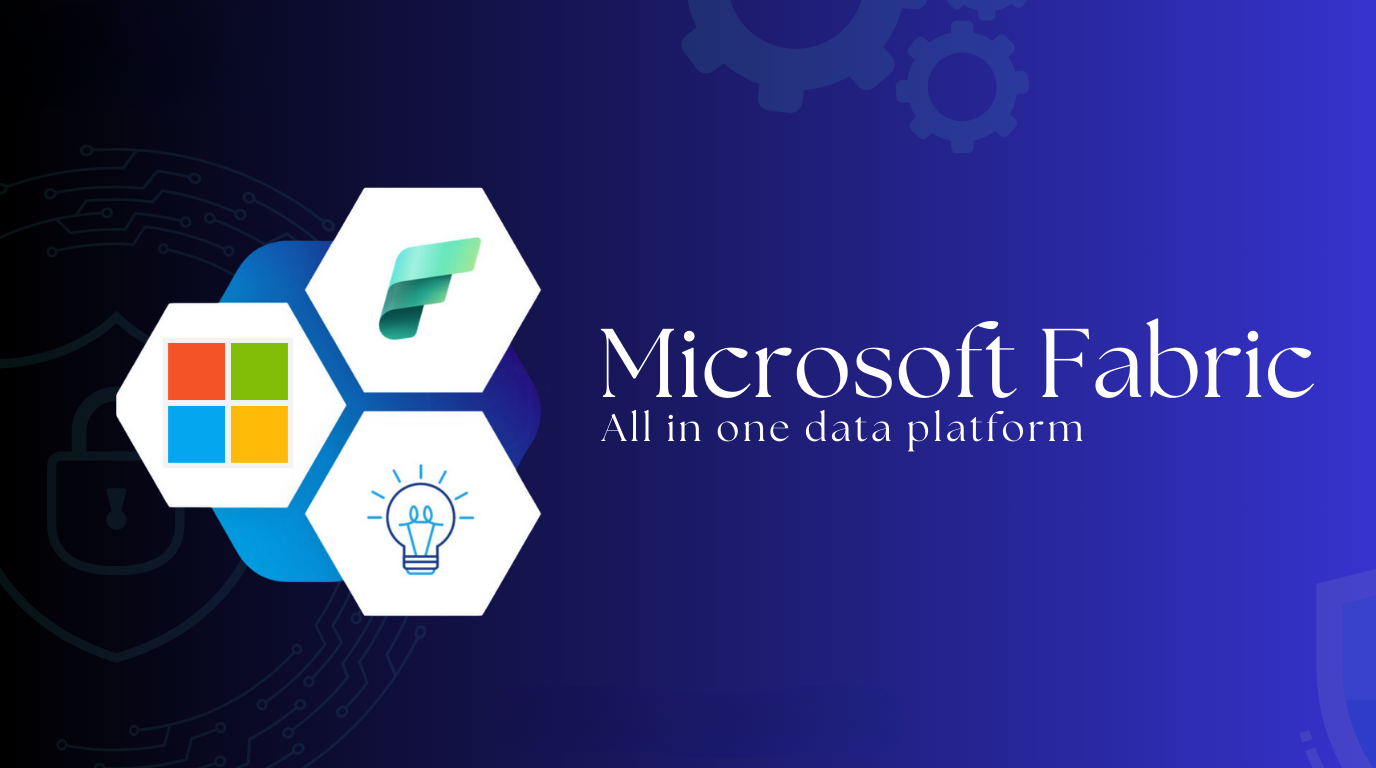
Amandeep Singh
Date:17 February 2025
Microsoft Fabric is an integrated analytics and data platform designed to meet the needs of large enterprises. It combines various services like data processing, ingestion, transformation, and real-time event routing into a single platform. With its capabilities spanning Data Engineering, Data Science, Real-Time Analytics, and more, Microsoft Fabric makes it easier for businesses to manage their data and generate actionable insights without needing separate services from different vendors.
Microsoft Fabric operates on a Software as a Service (SaaS) model, making it user-friendly and simplifying the integration of complex systems. Its unified architecture brings together several tools, including Power BI, Azure Synapse Analytics, and Azure Data Factory, into a seamless stack. The core data storage is centralized in OneLake, a unified data lake that removes the need for separate databases or data warehouses. With embedded AI capabilities, Fabric helps users move raw data into valuable business insights effortlessly.
Key Capabilities of Microsoft Fabric
Microsoft Fabric offers powerful features to enhance productivity and streamline data management:
- Role-Specific Workloads: Custom solutions designed for different roles within the organization.
- One Lake: A unified data lake that simplifies storage and access to data.
- AI-Powered Features: Copilot tools that suggest intelligent solutions and automate tasks.
- AIntegration with Microsoft 365: Streamlined collaboration across tools for better productivity.
- Unified Data Management: Simplifies data governance, sharing, and access.
Key Features of Microsoft Fabric
Microsoft Fabric is packed with powerful features, making it a standout choice for businesses looking to streamline their data operations. Some key features include:
Integration Capabilities
Microsoft Fabric can integrate with a wide range of data sources, from cloud platforms to on-premise systems. This flexibility ensures that businesses can continue to use their existing data infrastructure seamlessly. Whether your organization is based in Delhi, Bangalore, or Noida, or operating globally, Microsoft Fabric supports:
- Cloud Integrations: Azure, AWS, Google Cloud, and more.
- On-Premise Systems: Seamless connectivity with legacy databases and ERP systems.
- APIs and Connectors: Pre-built connectors for popular business applications, enabling faster data flow and automation.
Scalability and Performance
Built on Azure’s robust cloud infrastructure, Microsoft Fabric offers unparalleled scalability and performance. It adapts to growing data needs, ensuring that performance remains optimal even with large volumes of data. Key highlights include:
- Auto-Scaling: Dynamically adjusts resources based on workload demands.
- Controllers Security:Ensures continuous operation with minimal downtime.
- Optimized Data Processing: Handles real-time analytics and large datasets efficiently.
Security Features
Security is a cornerstone of Microsoft Fabric, employing top-tier measures to protect sensitive business data. It ensures compliance with industry standards and provides robust data governance. Core security features include:
- Advanced Encryption: Data encryption at rest and in transit.
- Role-Based Access Control (RBAC): Granular permissions to manage user access effectively.
- Compliance Certifications: Adherence to global security standards like GDPR, HIPAA, and ISO certifications.
- Integrated Threat Detection: Proactive monitoring to identify and mitigate potential security risks.
Microsoft Fabric empowers businesses with a secure, scalable, and integrated data platform, driving efficient data operations and informed decision-making.
Unification with the SaaS Foundation
Built on a SaaS foundation, Microsoft Fabric integrates various services from Power BI, Azure Data Factory, and more into a single, tailored environment. By providing role-specific experiences, it ensures that users can access the tools and capabilities they need. The platform enhances collaboration, security, and governance, with features like automatic permission management and data sensitivity labels. Governance is powered by Purview, ensuring comprehensive oversight.
How Does Microsoft Fabric Work?
Microsoft Fabric operates as an integrated data analytics platform, designed to simplify the process of collecting, transforming, and analyzing data across an organization. Its architecture is built to support diverse data processing needs, from batch processing to real-time analytics.
1. Data Ingestion
- Sources: Data can be ingested from various sources like databases, cloud storage, IoT devices, social media, ERP systems, and third-party applications.
- Tools Used: Fabric leverages Data Factory for ETL (Extract, Transform, Load) processes, enabling seamless data ingestion at scale.
- Real-Time & Batch: Supports both real-time streaming data (for quick insights) and batch processing (for handling large data volumes over time).
2. Unified Storage with OneLake
- OneLake: Acts as a centralized data lake, similar to OneDrive, where all ingested data is stored.
- Data Accessibility: Data is stored once but can be accessed by multiple tools, eliminating the need for data duplication.
- Data Types: Supports structured, semi-structured, and unstructured data formats.
3. Data Processing & Transformation
- Lakehouse Architecture: Combines the flexibility of data lakes with the performance of data warehouses.
- Data Engineering: Uses Spark-based processing for large-scale data transformations.
- Low-Code/No-Code: Business users can perform data preparation without writing code, while developers can use advanced scripting for complex workflows.
4. Advanced Analytics & AI Integration
- Real-Time Analytics: Handles streaming data for instant insights, critical for industries like finance, healthcare, and e-commerce.
- AI & Machine Learning: Integrates with Azure Machine Learning to build predictive models and advanced analytics workflows.
5. Data Visualization with Power BI
- Seamless Integration: Power BI is natively integrated, enabling users to create interactive dashboards and reports directly from Fabric’s datasets.
- Live Dashboards: Supports real-time data visualization, helping businesses make data-driven decisions instantly.
6. Governance, Security, and Compliance
- Data Governance: Powered by Microsoft Purview for data cataloging, lineage tracking, and compliance management.
- Security: Offers enterprise-grade security with role-based access control, encryption, and compliance certifications.
7. Scalability and Cost Efficiency
- Elastic Scaling: Automatically scales resources based on data load and processing demands.
- Cost Optimization: The pay-as-you-go pricing model helps organizations control costs effectively.
Key Takeaways
Microsoft Fabric works by:
- Ingesting data from multiple sources (real-time & batch)
- Storing it centrally in OneLake
- Processing and transforming the data using advanced analytics tools
- Visualizing insights with Power BI
- Ensuring security, governance, and scalability throughout the data lifecycle
Components of Microsoft Fabric
Fabric offers a complete suite of tools that work together seamlessly, each designed for specific tasks and user personas:
- Power BI: Helps users connect to data sources, visualize insights, and share findings Easily.
- Database: Developer-friendly databases like Azure SQL for operational data management.
- Data Factory: A modern data integration service that simplifies data ingestion, transformation, and preparation.
- Industry Solutions: Tailored solutions for specific industries, addressing unique data needs.
- Real-Time Intelligence: Supports event-driven and streaming data for real-time insights.
- Data Engineering: A Spark-based platform for processing and analyzing large datasets.
- Data Science: Enables building, deploying, and managing machine learning models.
- Data Warehouse: Provides scalable, high-performance data storage and analytics.

Microsoft Fabric and Cloud Computing
One of the biggest advantages of Microsoft Fabric is its strong integration with cloud computing. Microsoft Fabric is designed to work seamlessly in cloud environments, especially within Microsoft’s Azure ecosystem. This close connection offers many benefits for businesses:
Cost Efficiency
Cloud computing Migration helps businesses save money by removing the need for expensive on-premises hardware. Companies don’t have to spend on maintenance or upgrades, which reduces overall costs. Microsoft Fabric leverages this by providing cloud-based services that are cost-effective.
Flexibility and Accessibility
Since Microsoft Fabric is cloud-based, users can access their data and applications from anywhere with an internet connection. This makes it easier for teams to work remotely, improving flexibility and productivity across different locations.
Scalability
Microsoft Fabric allows businesses to scale their resources up or down based on demand. This means companies can easily handle changes in data usage without worrying about infrastructure limits. It’s perfect for businesses with varying workloads, ensuring efficiency at all times.
OneLake: The Unified Data Lake
OneLake is the foundation of Microsoft Fabric. Built on Azure Data Lake Storage (ADLS) Gen2, it serves as a single storage location for all data. OneLake eliminates data silos by providing a unified storage system that simplifies governance and security enforcement. It also supports "shortcuts" to external data, allowing users to access and share data without duplicating it, thus reducing costs.

OneLake and Lake House Hierarchy
OneLake organizes data in a hierarchical structure, making it easy to manage across teams and regions. Users can create multiple workspaces and lake houses to store, process, and analyze data. A lake house acts as a database over a data lake, helping businesses manage data more efficiently. The platform ensures seamless integration and no extra configuration is required.
Real-Time Hub: Unifying Data Streams
The Real-Time hub is a central location for managing data in motion. It enables users to easily discover, ingest, and consume streaming data from various sources, including Microsoft services and external clouds. This hub is crucial for real-time applications, providing a unified view of data streams across the organization.
Fabric Solutions for ISVs
Independent Software Vendors (ISVs) can integrate their solutions with Microsoft Fabric in several ways:
- Interop:Basic integration with the One Lake foundation.
- Develop on Fabric:Build solutions on top of the Fabric platform.
- Build a Fabric Workload:Create customized workloads tailored to the Fabric ecosystem.
Microsoft Fabric and Cloud Computing
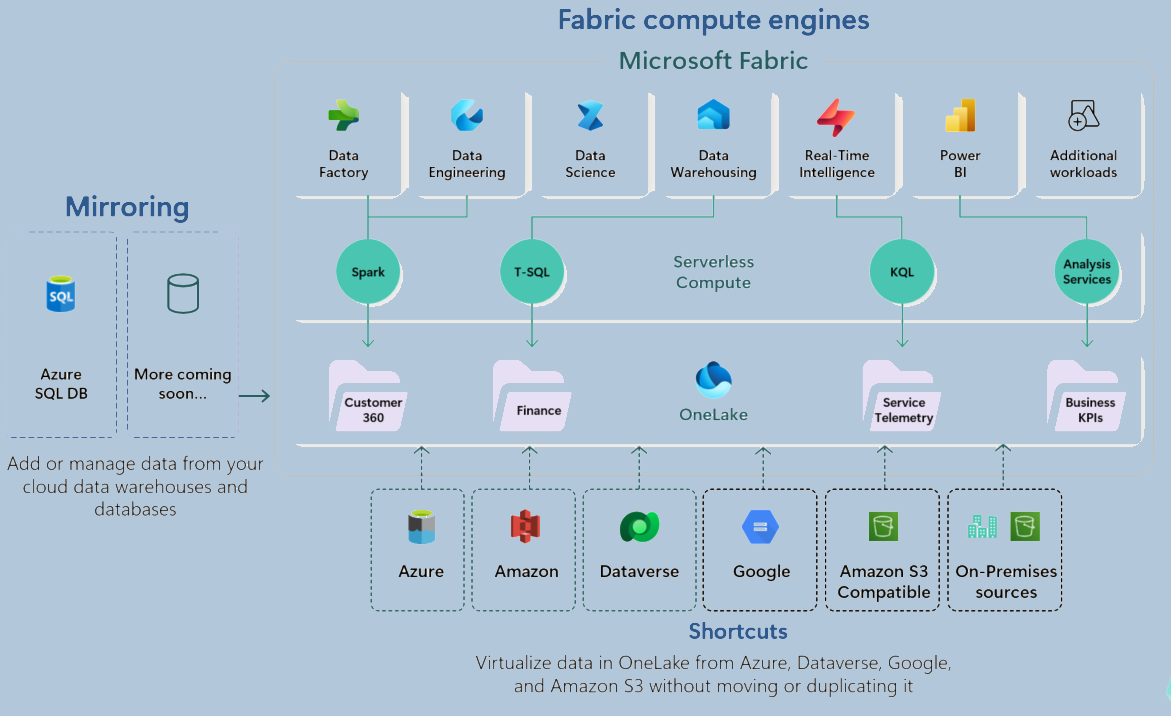
One of the biggest advantages of Microsoft Fabric is its strong integration with cloud computing. Microsoft Fabric is designed to work seamlessly in cloud environments, especially within Microsoft’s Azure ecosystem. This close connection offers many benefits for businesses:
Cost Efficiency
Cloud computing helps businesses save money by removing the need for expensive on-premises hardware. Companies don’t have to spend on maintenance or upgrades, which reduces overall costs. Microsoft Fabric leverages this by providing cloud-based services that are cost-effective.
Flexibility and Accessibility
Since Microsoft Fabric is cloud-based, users can access their data and applications from anywhere with an internet connection. This makes it easier for teams to work remotely, improving flexibility and productivity across different locations.
Scalability
Microsoft Fabric allows businesses to scale their resources up or down based on demand. This means companies can easily handle changes in data usage without worrying about infrastructure limits. It’s perfect for businesses with varying workloads, ensuring efficiency at all times.
The Future of Microsoft Fabric
Microsoft Fabric is expected to become a key part of data management strategies for organizations in the future. It will continue to evolve with new features and capabilities and is expected to be adopted widely across industries.
What's Expected in the Future of Microsoft Fabric?
Increased Adoption
Microsoft Fabric is expected to be adopted by more businesses, especially as it becomes more widely known and its benefits become more apparent.
More AI and ML Capabilities
Microsoft Fabric will continue to integrate AI and machine learning (ML) technologies, making it easier for organizations to develop AI-powered solutions.
Improved Governance and Compliance
Microsoft Fabric will provide better tools to help organizations ensure their data is secure and compliant with regulations.
Support for More Data Sources
Microsoft Fabric will support more data sources and connectors, making it easier for organizations to connect their data.
Real-Time Analytics
Microsoft Fabric will continue to offer real-time analytics capabilities
Benefits of Microsoft Fabric
- Streamlined Data Management: Microsoft Fabric helps organizations streamline data management processes.
- Better Business Decisions: It enables organizations to make informed, data-driven business decisions.
- Reduced Delivery Time and Improved Efficiency: Microsoft Fabric helps reduce project delivery times and boosts operational efficiency.
- Focus on High-Value Activities: Data analysts can focus on higher-value activities instead of routine data management tasks.
In conclusion, Microsoft Fabric is a comprehensive platform that simplifies data management and analytics for enterprises. It integrates various tools and services into a single, cohesive system that empowers businesses to transform their data into actionable insights easily and securely.
This version simplifies the language, removes some technical jargon, and condenses the content for easier understanding. Let me know if you need further adjustments!
FAQs
The main benefit of Microsoft Fabric is its ability to integrate, manage, and analyze large volumes of data from various sources in a single unified platform.
While Microsoft Fabric is designed with large organizations in mind, smaller businesses can also leverage its features to improve their data management processes.
Yes, Microsoft Fabric is designed to support real-time data processing, which is critical for industries that rely on up-to-date information.
Yes, Microsoft Fabric can integrate with a wide range of third-party tools, including non-Microsoft platforms.
Industries such as finance, retail, healthcare, and technology benefit the most from Microsoft Fabric due to its advanced data processing and analytics capabilities.
Comments On "Microsoft Fabric Architecture Guide 2025 – Key Insights & Features"
Leave a Reply Cancel reply
Recent Blogs
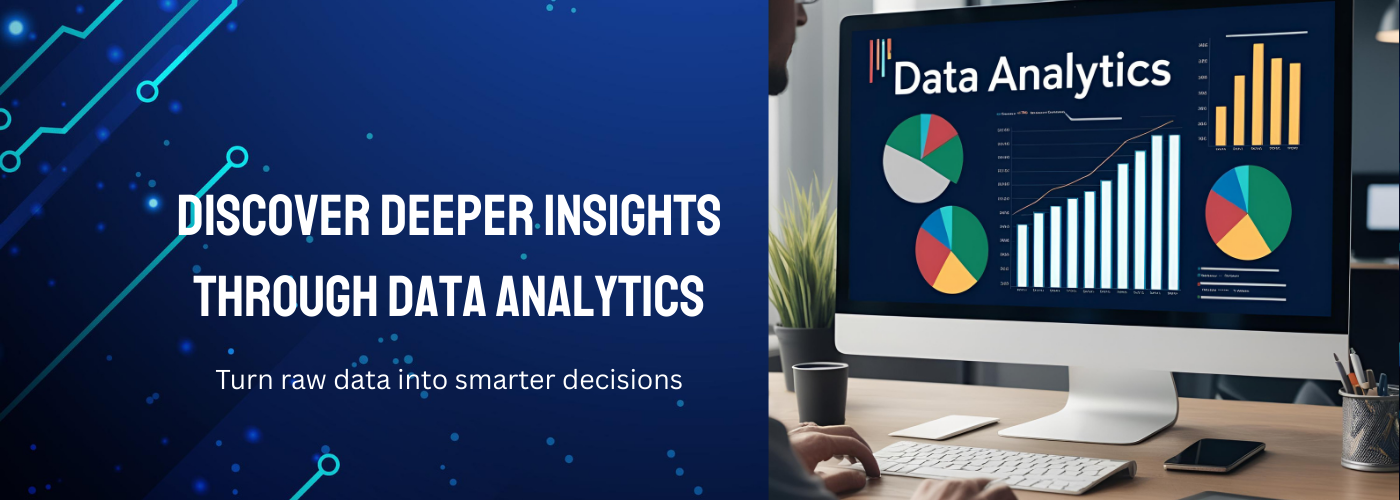
May
01
2025
From Data to Decisions: How Data Analytics is Transforming UK Enterprises
Introduction Imagine knowing what your customers want before they even realize it. What if you could anticipate market trends, optimize
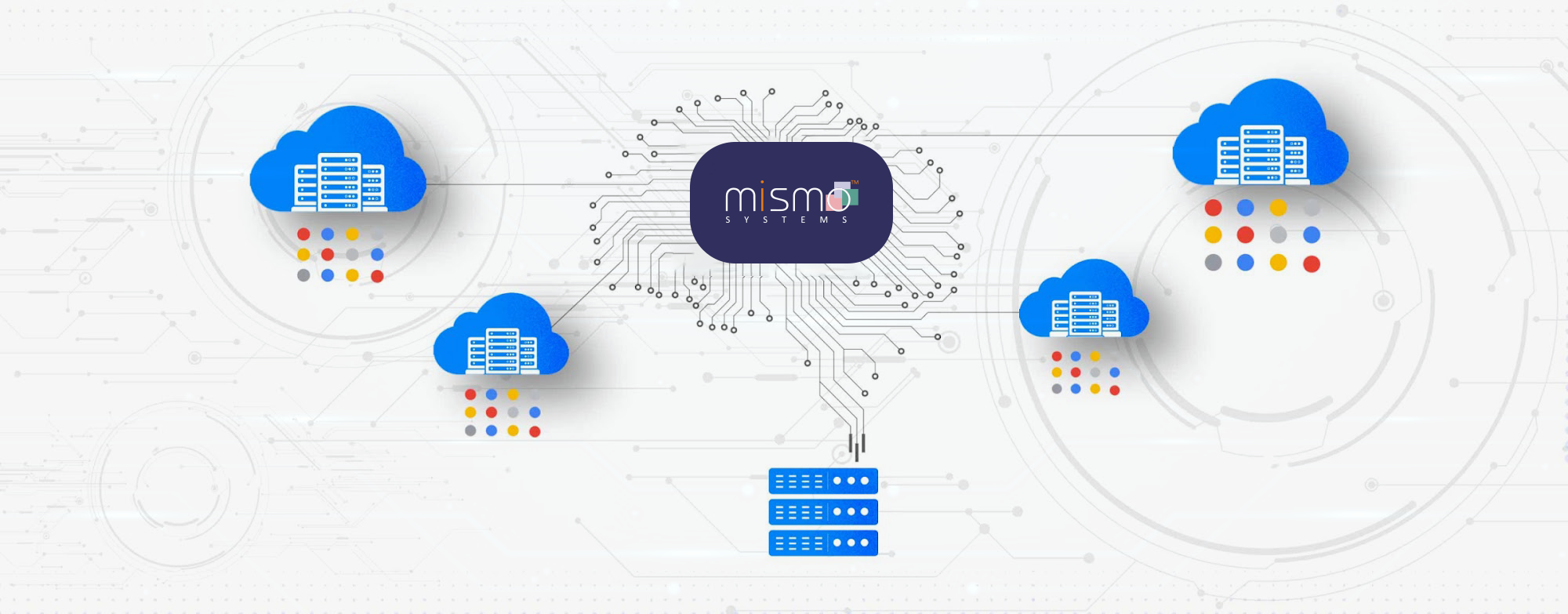
Apr
29
2025
Effective Multi-Cloud Management: Security, Cost Optimization, and Strategy
Mastering Multi-Cloud Management in 2025: Centralization, Security, Cost, and Automation Introduction The multi-cloud management platform market reached $13.33 billion in
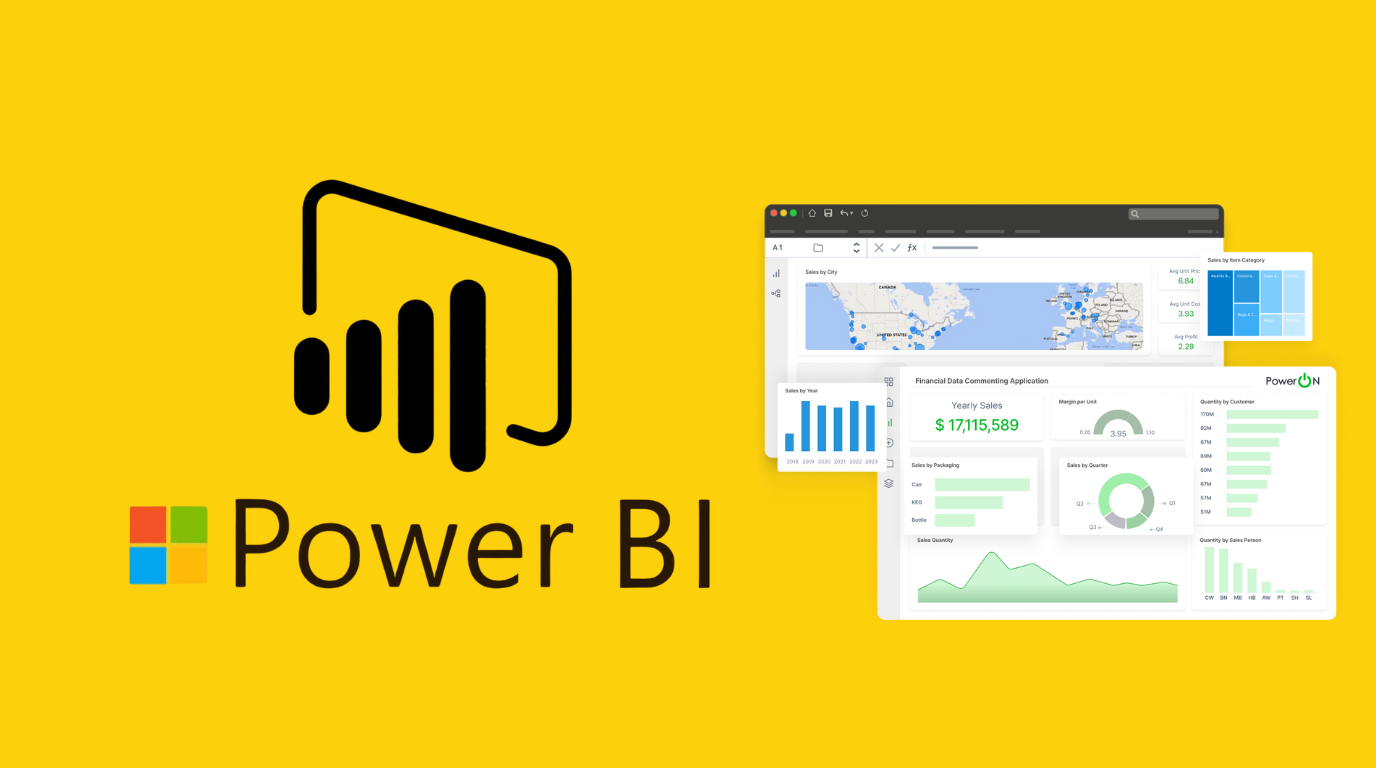
Apr
09
2025
Power BI in 2025: Latest Features, Trends & Best Practices
Introduction In the fast-changing business intelligence landscape, data is much more than simple digits—it lays the cornerstone for tactical choices.
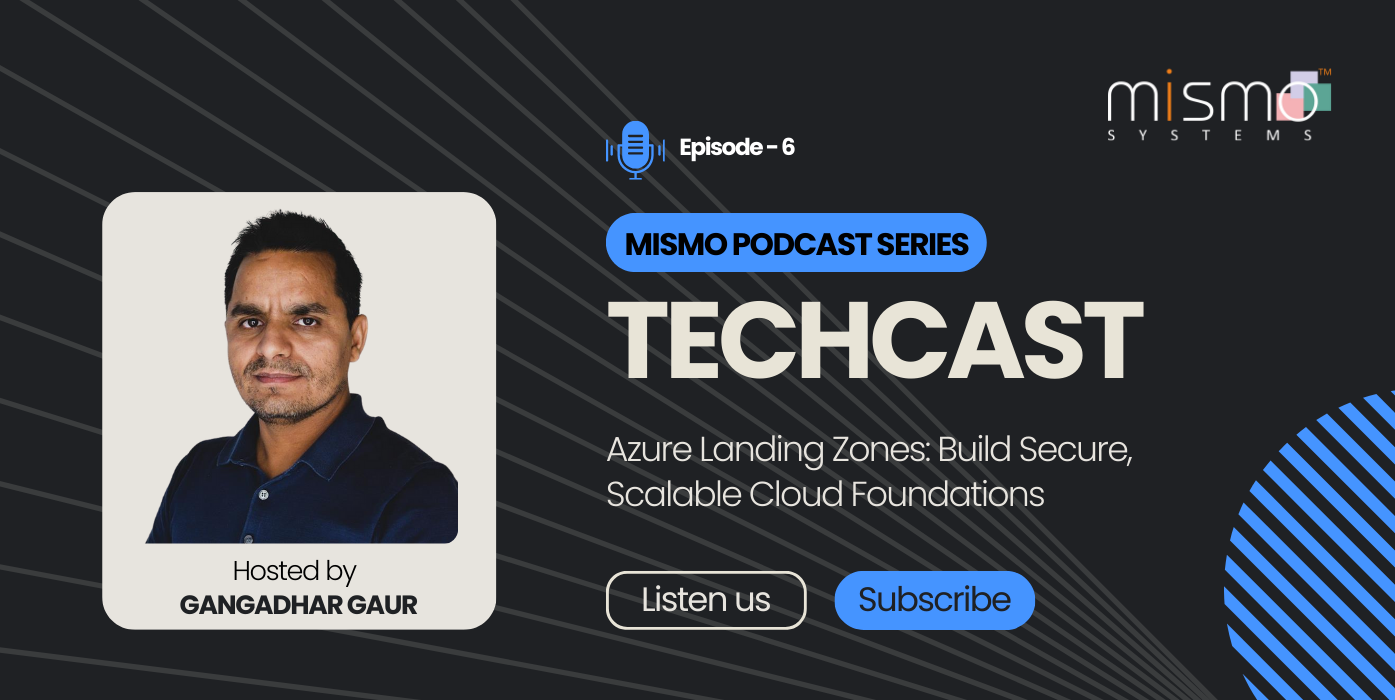
Mar
21
2025
Azure Landing Zones: Build Secure, Scalable Cloud Foundations
Want to build a secure, scalable cloud setup? Discover how Azure Landing Zones create a strong foundation for your cloud
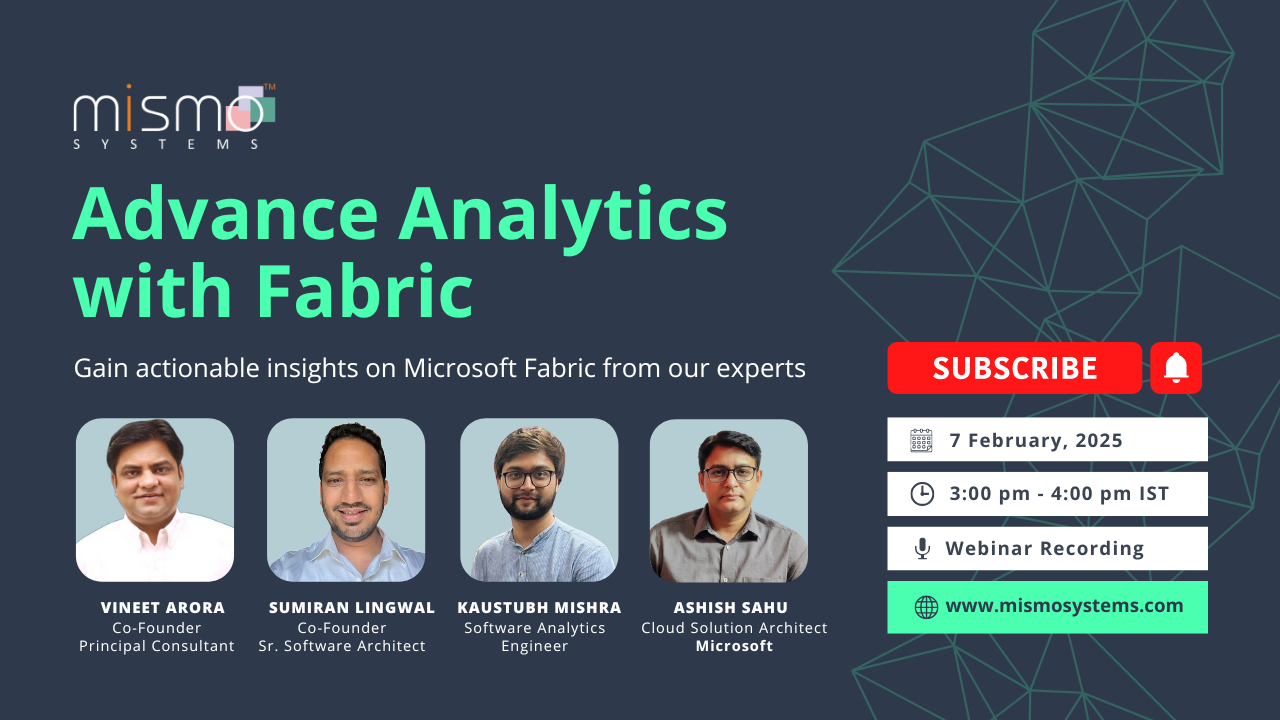
Mar
13
2025
Advance Analytics with Microsoft Fabric
Unlock the full potential of Microsoft Fabric and take your analytics game to the next level! In this exclusive webinar,
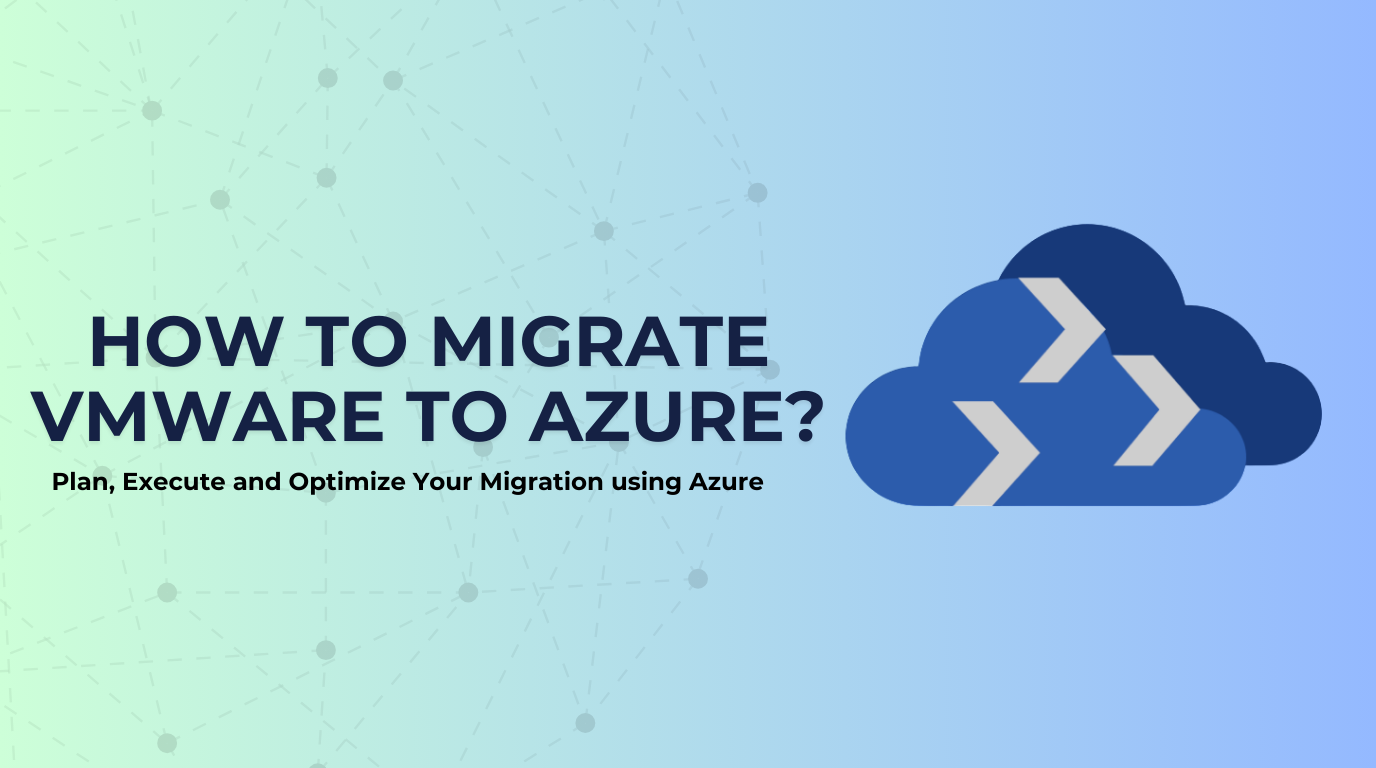
Feb
24
2025
How to Migrate VMware to Azure? Plan, Execute and Optimize Your Migration using Azure.
For several years, VMware solutions have been at the forefront of the business world, trusted as the virtualization platform powering

Feb
17
2025
Microsoft Fabric Architecture Guide 2025 – Key Insights & Features
Microsoft Fabric is an integrated analytics and data platform designed to meet the needs of large enterprises. It combines various
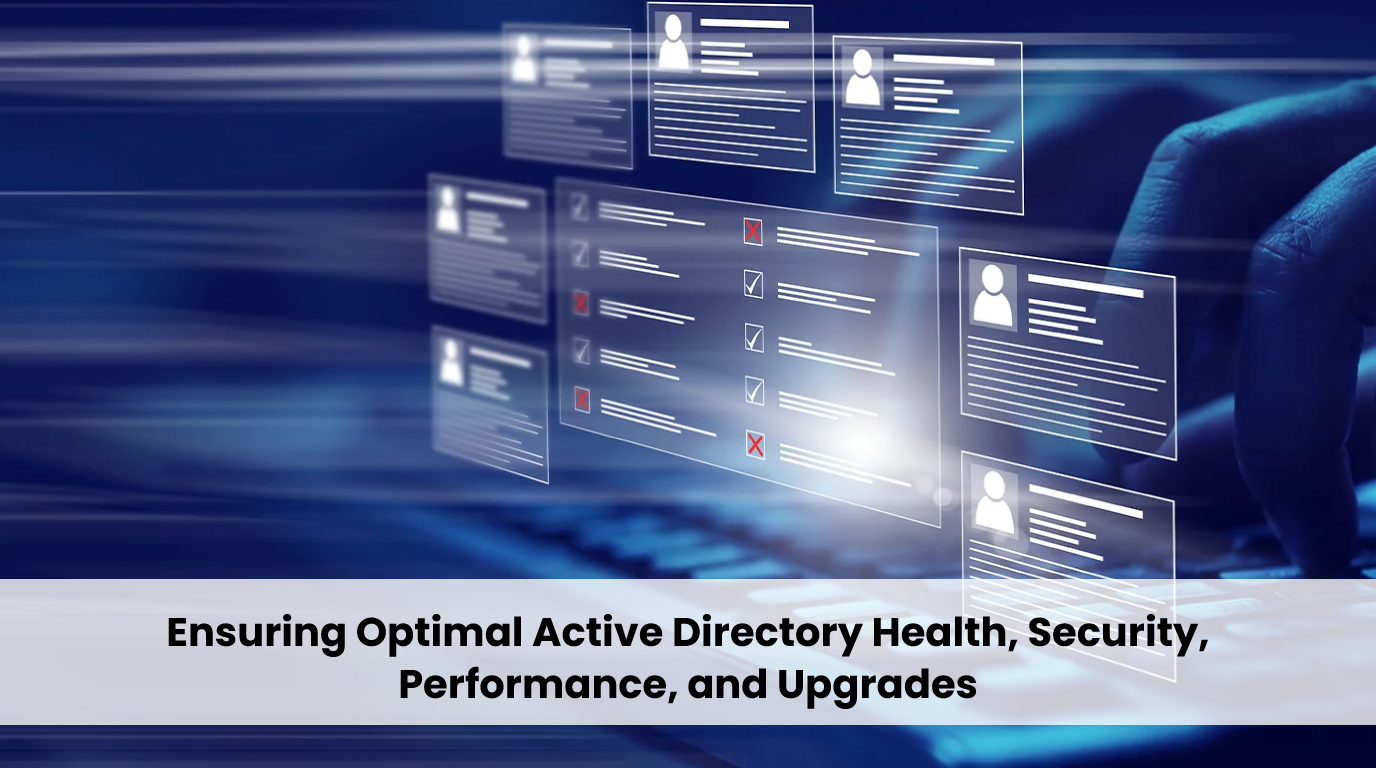
Jan
27
2025
Ensuring Optimal Active Directory Health, Security, Performance, and Upgrades
Active Directory Domain Service (AD DS) is widely used directory service and foundation of Windows domain network in organizations. It
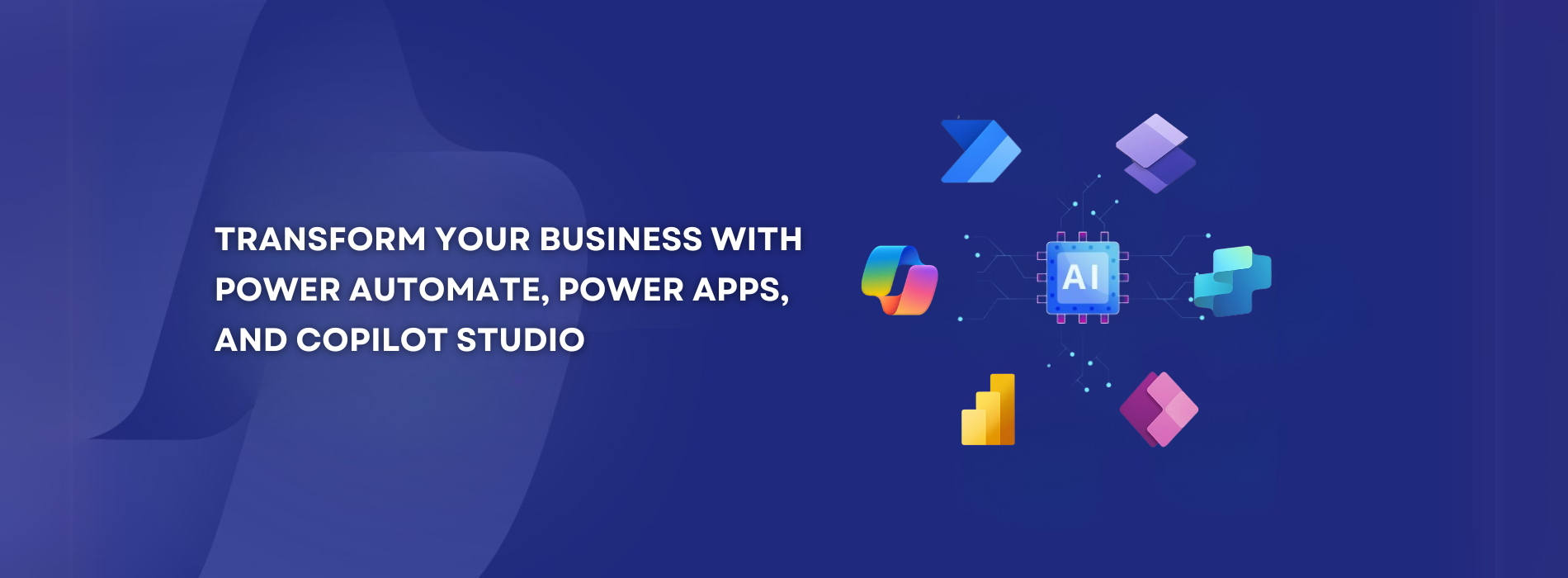
Jan
20
2025
Transform Your Business with Power Automate, Power Apps, and Copilot Studio
Microsoft’s Power Platform is a robust suite of tools designed to empower businesses to innovate and transform their operations. It
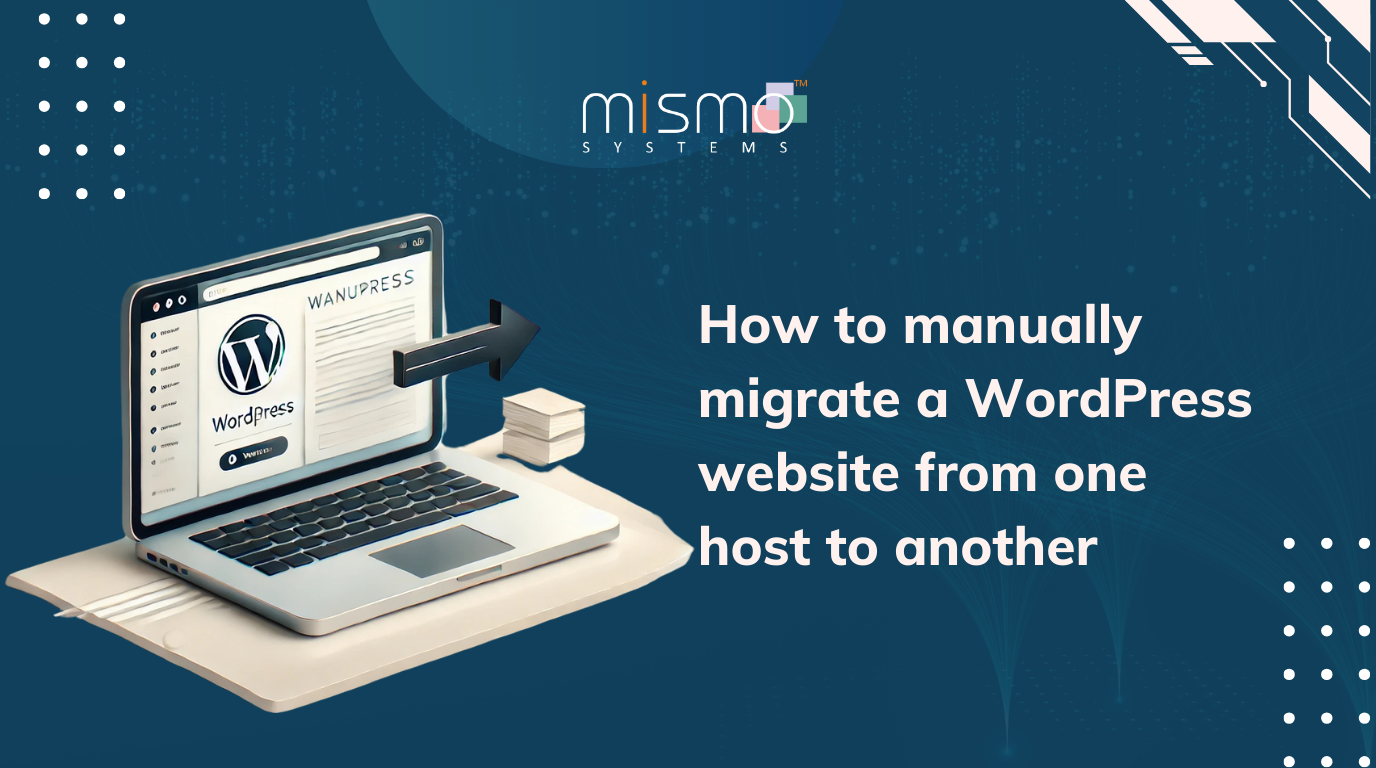
Jan
09
2025
How to Manually Migrate a WordPress Website from One Host to Another
Migrating a WordPress website from one host to another can seem daunting, but with a step-by-step guide, the process becomes

Dec
18
2024
A Stress-Free Guide to Setting Up Your Azure Environment
It’s like going on an adventure when you start your cloud journey. It may make you happy, but if you’re
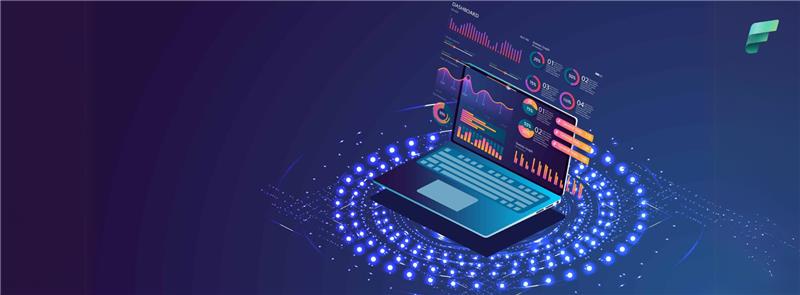
Dec
18
2024
Microsoft Fabric Uncovered Capabilities Advantages
In this blog we will dive into Microsoft Fabric and go over the core services offered on the Fabric platform.
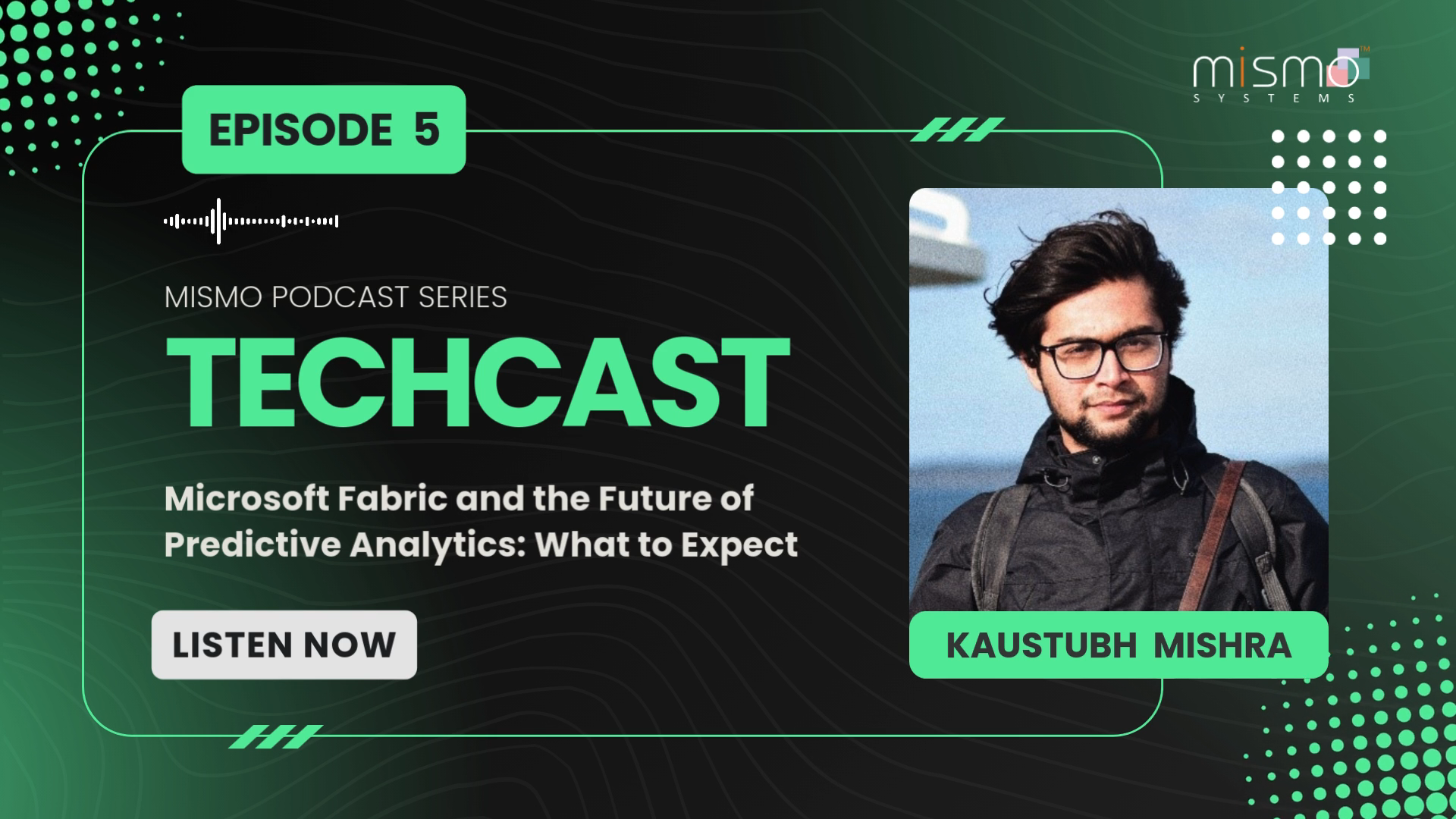
Nov
18
2024
MS Fabric and the Future of Predictive Analytics: What to Expect
Uncover how MS Fabric is transforming predictive analytics and what innovations lie ahead for businesses and technology.
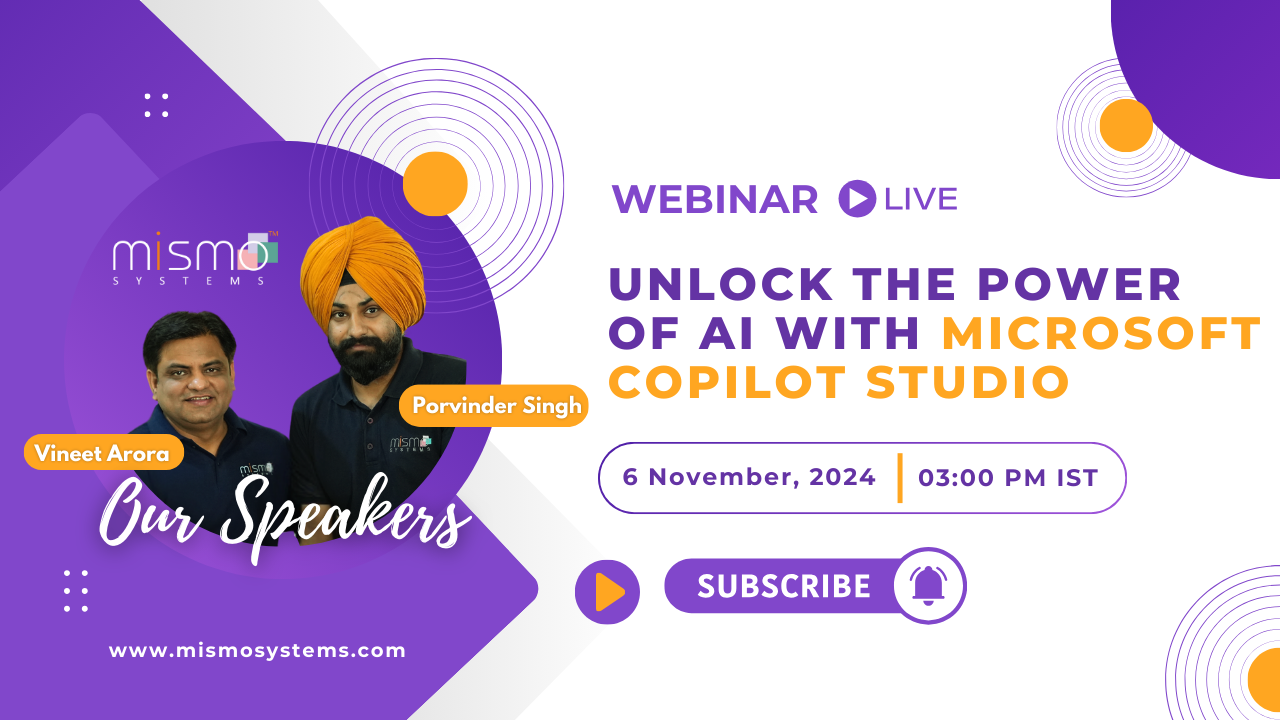
Nov
12
2024
Unlock the Power of AI with Microsoft Copilot Studio
In this webinar, we dive deep into Microsoft’s transformative AI technology and show you how to create custom AI assistants
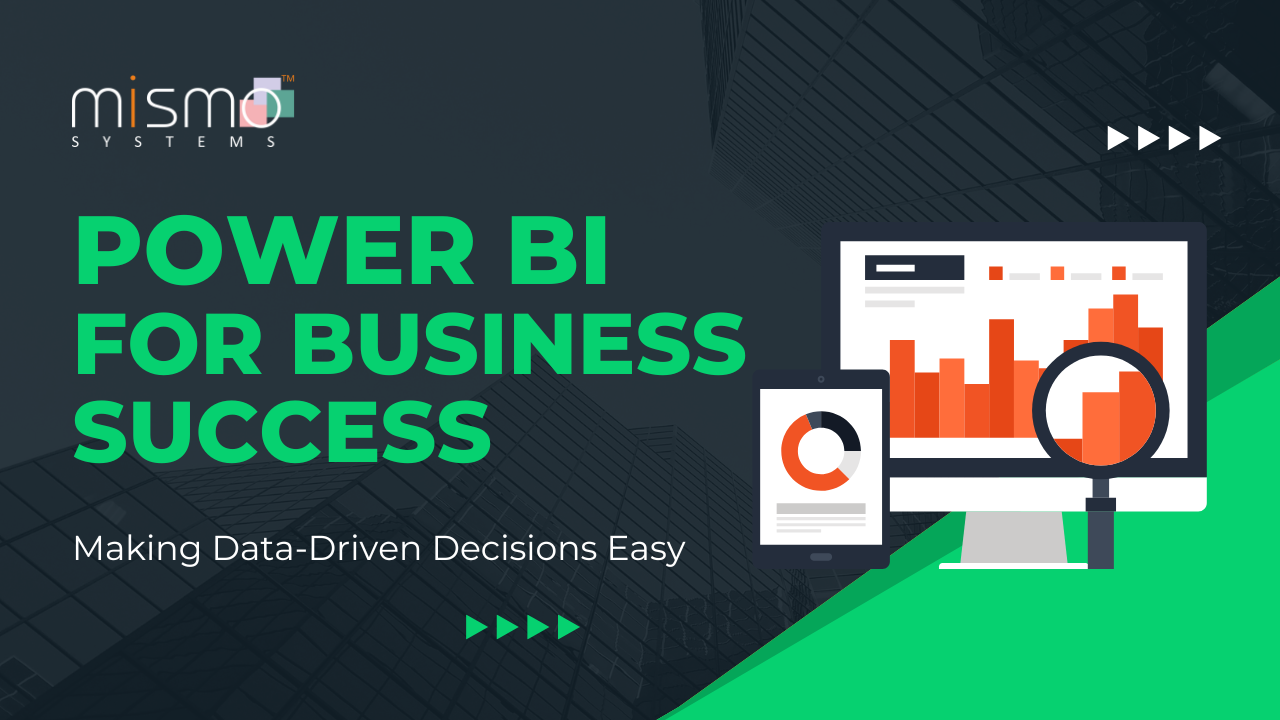
Nov
07
2024
Power BI for Business Success: Making Data-Driven Decisions Easy
Learn how to make the most of Power BI’s sharing functionalities to drive impactful data-driven decisions.
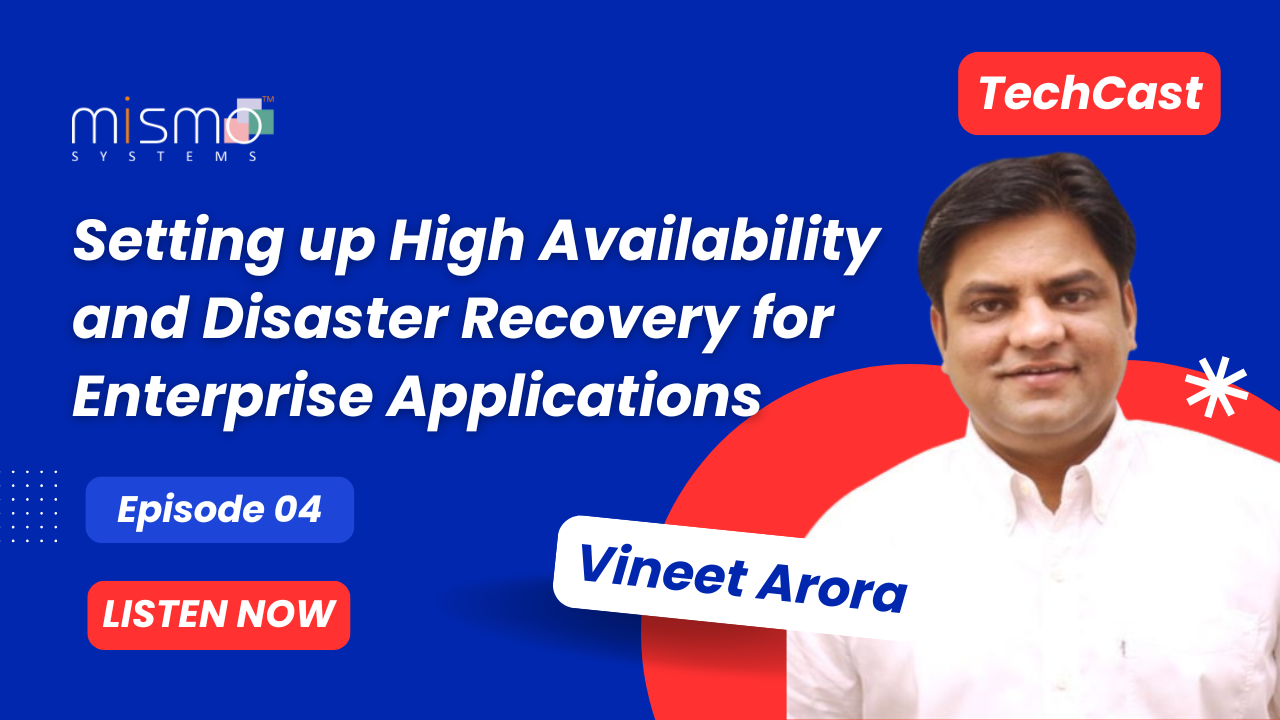
Nov
07
2024
Setting up High Availability and Disaster Recovery for Enterprise Applications
Learn how to ensure business continuity, minimize downtime, and protect your critical systems with best practices for HA and DR.

Nov
07
2024
Analytics Unplugged: From Raw Data to Actionable Insights
Dive into the world of Data Analytics and discover how to harness the power of data for smarter decisions and
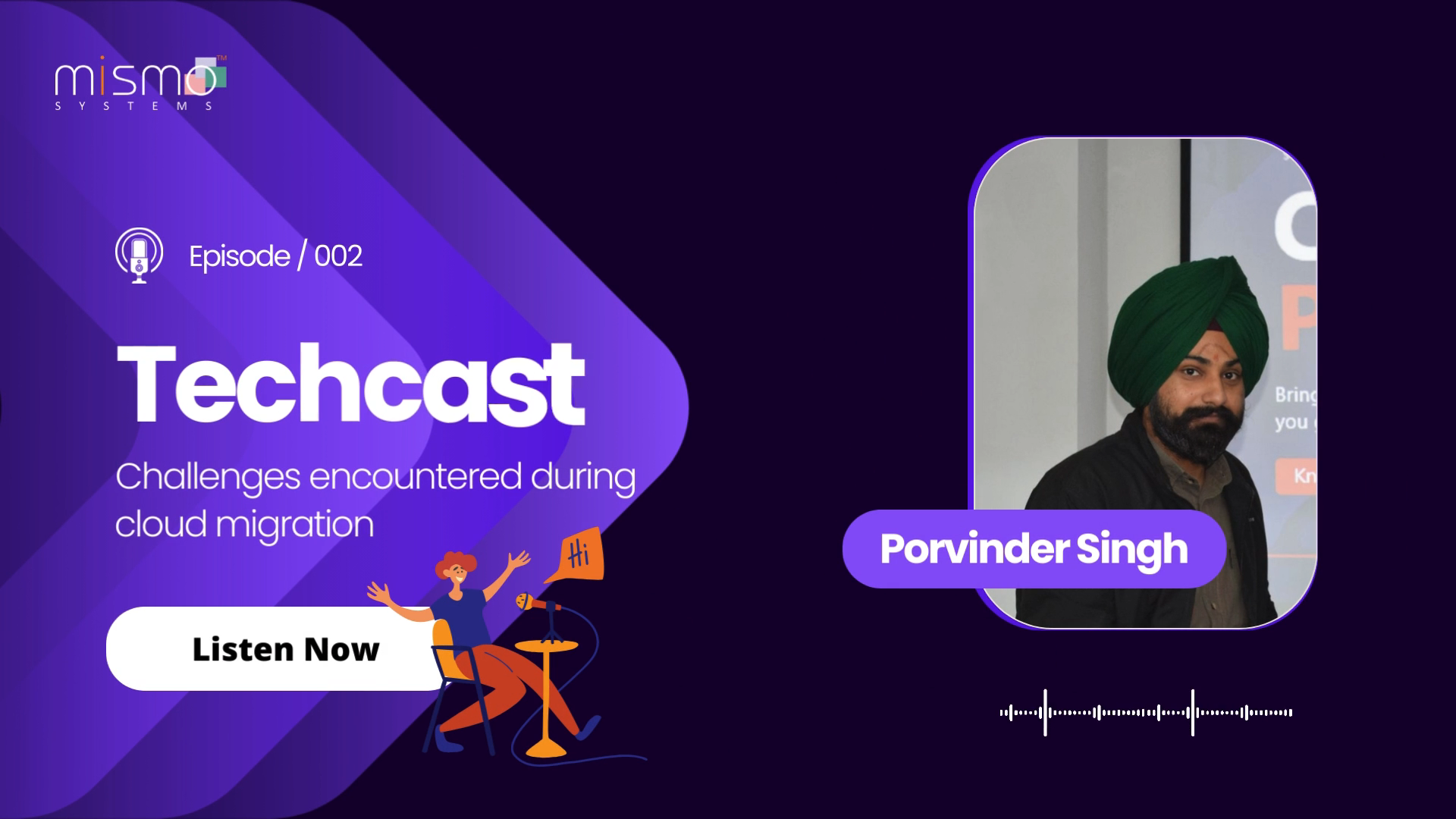
Nov
07
2024
Overcoming Cloud Migration Challenges
Cloud migration offers numerous benefits, but it also comes with its own fair share of challenges Delve into the most

Oct
18
2024
Rescuing Important Emails from the Junk Folder with Microsoft Graph API
Introduction: Because, Of Course, It Had to Be the CEO Let me paint you a picture: we were managing the

Oct
07
2024
Cloud Adoption Challenges
Tune in for a deep dive into overcoming hurdles in cloud adoption using real-world solutions from our co-founder, Vineet Arora.

Sept
17
2024
Power BI Consulting Company
Power BI Consulting Company: Empowering Businesses with Data-Driven Insights In today’s competitive landscape, organizations need actionable insights to stay ahead.

Sept
17
2024
Power BI Partners
Power BI Partners: Driving Data-Driven Solutions As a trusted Power BI partner, Mismo Systems is dedicated to empowering organizations with

Sept
17
2024
Power BI Development Company
Empowering Data-Driven Insights in India (Delhi, Noida, Bangalore) and USA In today’s digital landscape, businesses are generating vast amounts of

Sept
17
2024
Power Bi Development Services
Power BI Development Services: Unlocking Data-Driven Success At Mismo Systems, we offer specialized Power BI development services to help organizations
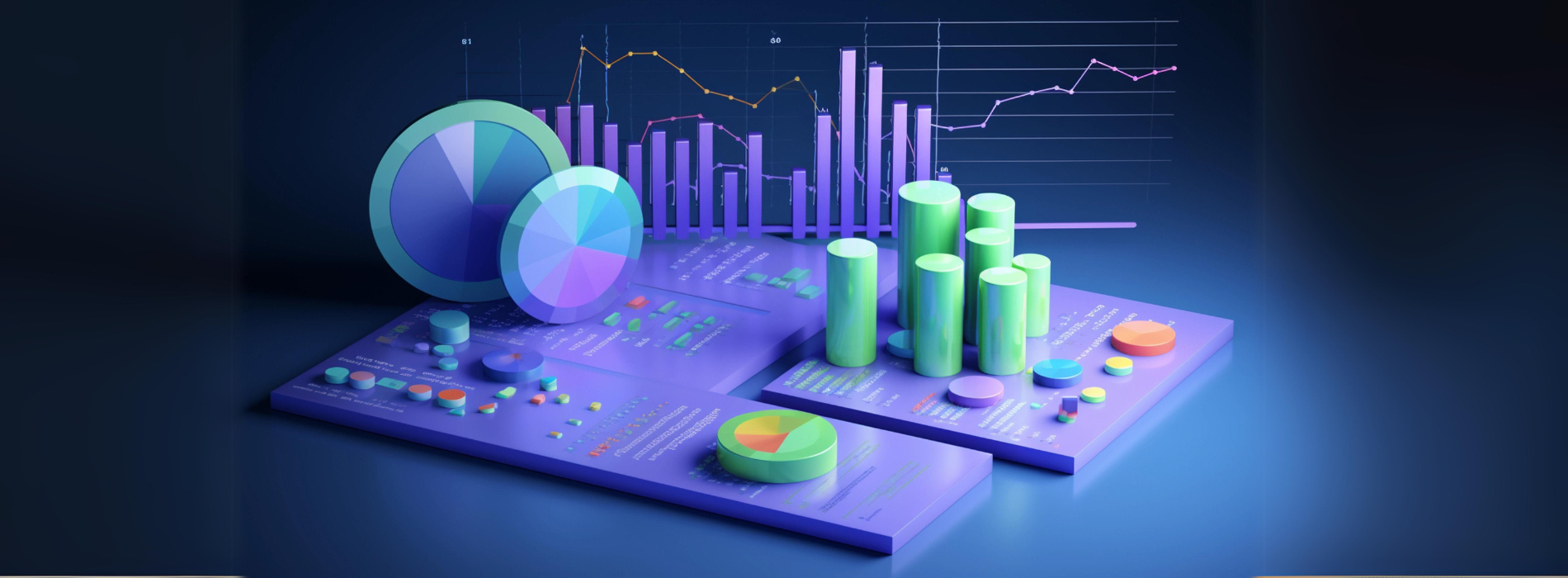
Sept
10
2024
Power BI Service for Enterprise Analytics
In today’s data-driven business landscape, enterprise analytics plays a crucial role in informed decision-making and maintaining a competitive edge. Microsoft’s
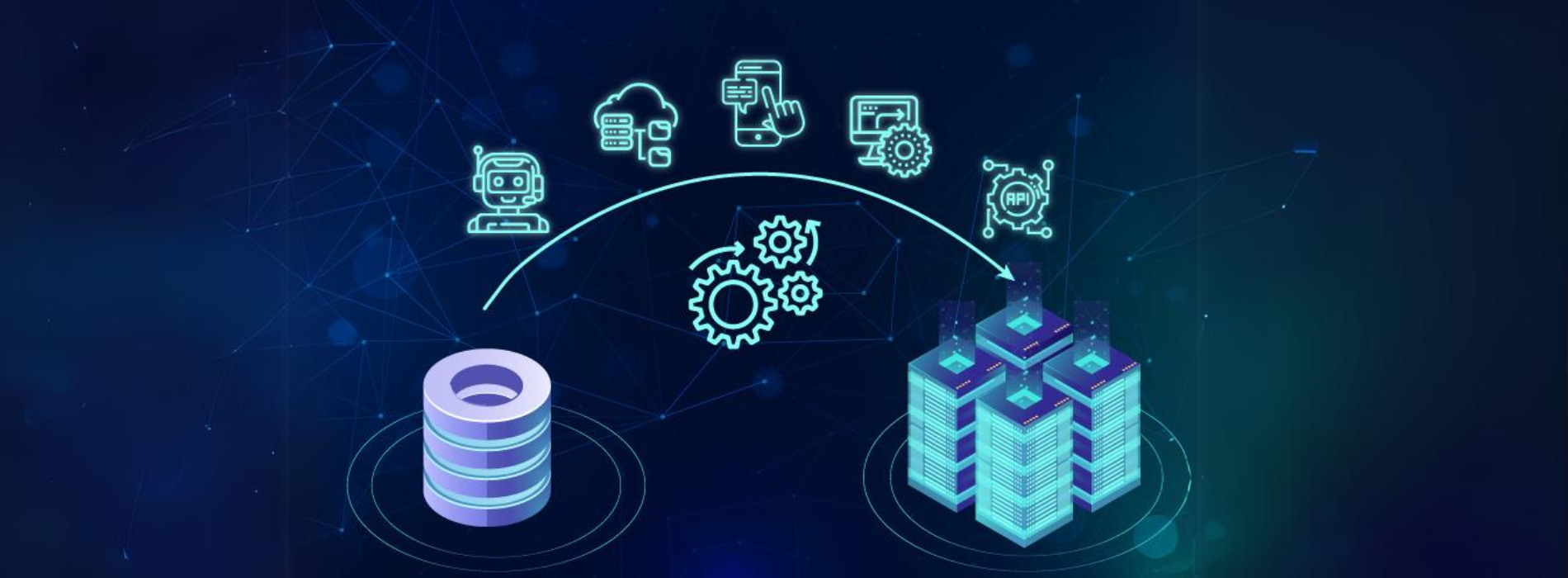
Sept
10
2024
Planning Your Legacy Application Migration to Containers
This blog post is in continuation to “Why Migrate Legacy Applications to Containers and What are the Challenges this Brings?”

Aug
05
2024
Azure AI, ML Studio & OpenAI: Simplifying Microsoft’s AI Ecosystem
In today’s rapidly evolving technological landscape, integrating artificial intelligence (AI) and machine learning (ML) into business operations is no longer

Aug
05
2024
Why Migrate Legacy Applications to Containers and What are the Challenges this Brings?
Introduction to Containerization Containerization is the era to welcome: a time where complexity would confront simplicity in the field of

Apr
18
2024
Azure Log Analytics Workspace – Ensuring Compliance, Centralizing and Streamlining Monitoring
In the realm of cloud computing, the ability to monitor, analyze, and respond to IT environment anomalies is crucial for

Apr
17
2024
Azure Stack HCI 3-node Cluster Configuration – Switchless Storage Network
Mismo Systems implemented a 3-node Azure Stack HCI cluster for one of the clients. The cluster was configured with a

Oct
04
2023
Microsoft update: Chat with users with Teams personal accounts
Chat with Teams will extend collaboration support by enabling Teams users to chat with team members outside their work network
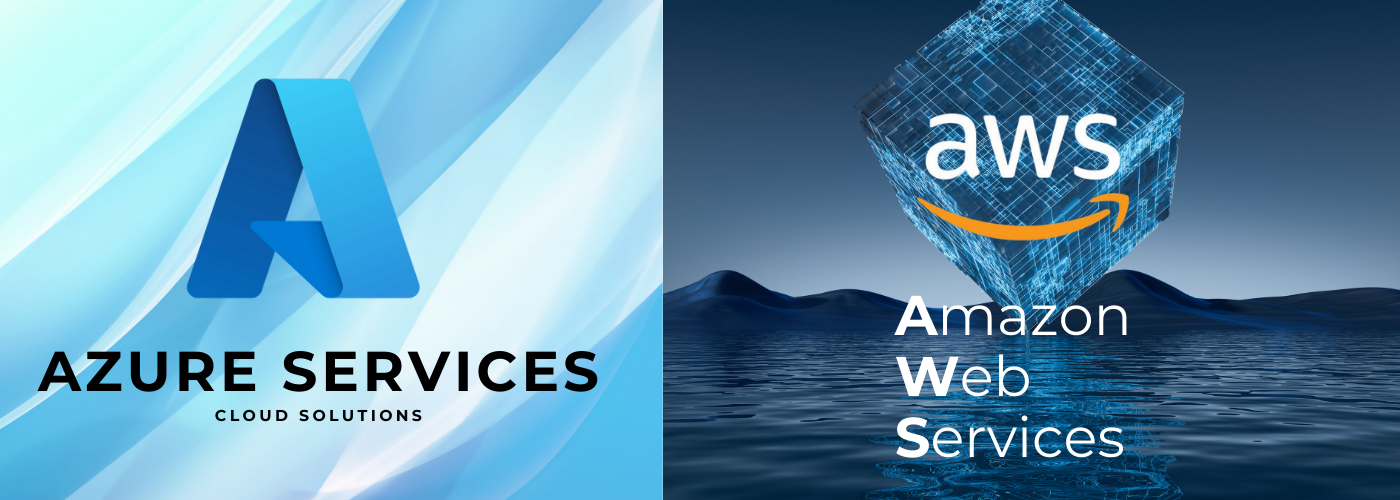
Dec
01
2022
AWS vs Azure
The cloud service providers AWS and Azure are truly miraculous helping millions across the globe creating a virtual space with
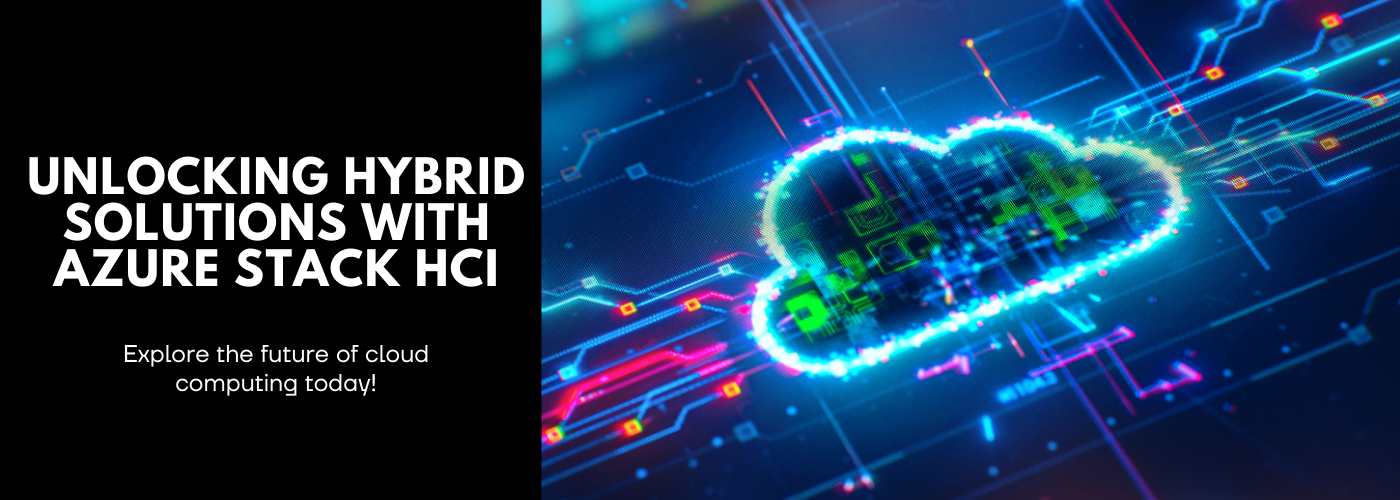
Apr
25
2022
The need for a hybrid solution – Azure Stack HCI
Microsoft’s Azure Stack HCI is a hyper-converged infrastructure with virtualization, software-defined networking, and more. What separates it from the rest

Jan
10
2022
Azure Virtual Desktop vs Windows 365
Azure Virtual Desktop (AVD) is a Desktop as a Service (DaaS) solution offered on Microsoft Azure, previously named Windows Virtual

Nov
16
2021
AWS Update:- Amazon EC2 now supports access to Red Hat Knowledgebase
Starting today, customers running subscriptions included Red Hat Enterprise Linux on Amazon EC2 can seamlessly access Red Hat Knowledgebase at

Nov
16
2021
AWS Update:- Amazon SNS now supports token-based authentication for APNs mobile push notifications
For sending mobile push notifications to Apple devices, Amazon Simple Notification Service (Amazon SNS) now enables token-based authentication. You may

Nov
16
2021
AWS Update:- Amazon ECS now adds container instance health information
Customers may now see the health of their compute infrastructure using Amazon Elastic Container Service (Amazon ECS). The customers running their

Nov
16
2021
Microsoft 365 Update:- Viva Connections is now generally available!
Viva Connections, part of Microsoft Viva, is your entry point to a modern employee experience. You get an all-in-one experience with the customized

Nov
16
2021
Microsoft 365 Update:- Meeting Activities in Teams Audit Log
Meeting Activities have been added to the Microsoft Teams audit log to help organizations respond more effectively to security events, forensic investigations,

Nov
15
2021
Azure Update:- Global Disaster Recovery via Azure Site Recovery
Azure Site Recovery is a Cloud-driven, highly innovative, and automated disaster recovery solution (DRaaS). Azure’s native platform capabilities for high

Nov
15
2021
Azure Update:- Screen Capture Protection for Azure Virtual Desktop
Azure Virtual Desktop is a service running in the cloud that enables your users to access the data, applications, and
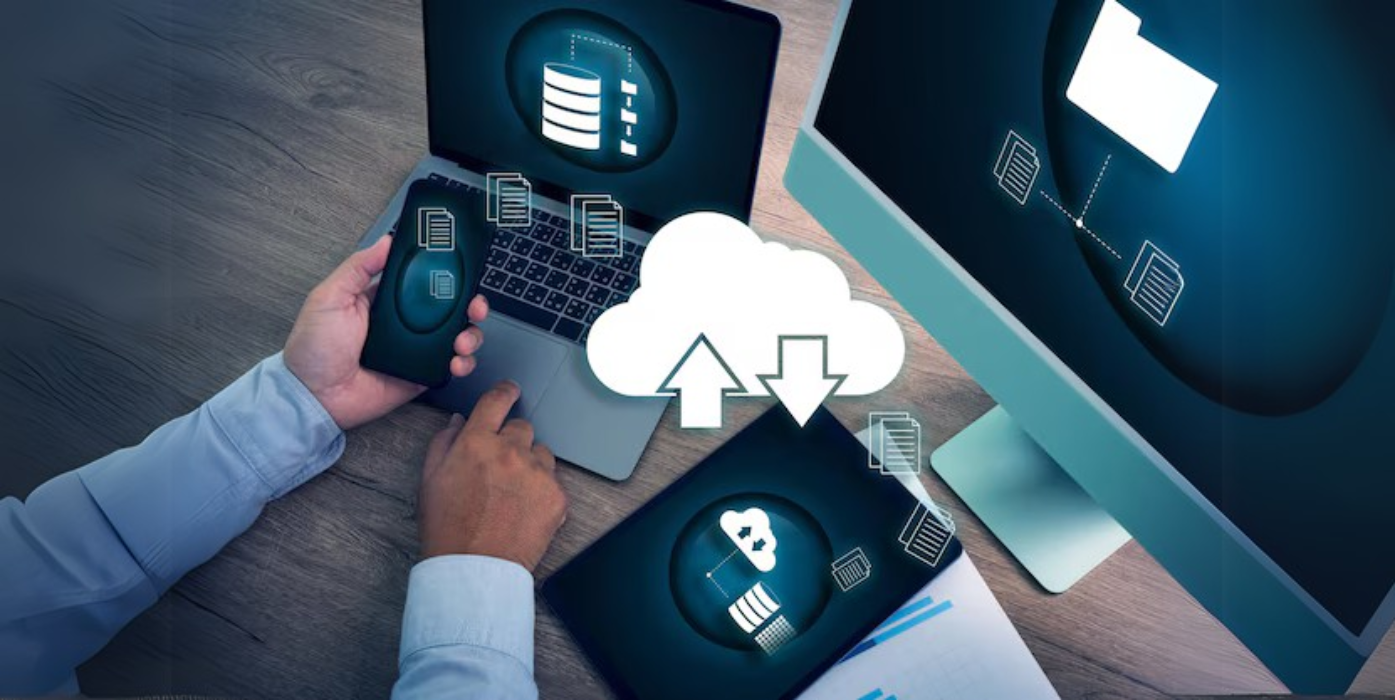
Nov
15
2021
Azure Update:- Immutable Storage with versioning for Blob storage
Azure blob storage is massively scalable and secure object storage for cloud-native workloads, archives, data lakes, high-performance computing and machine
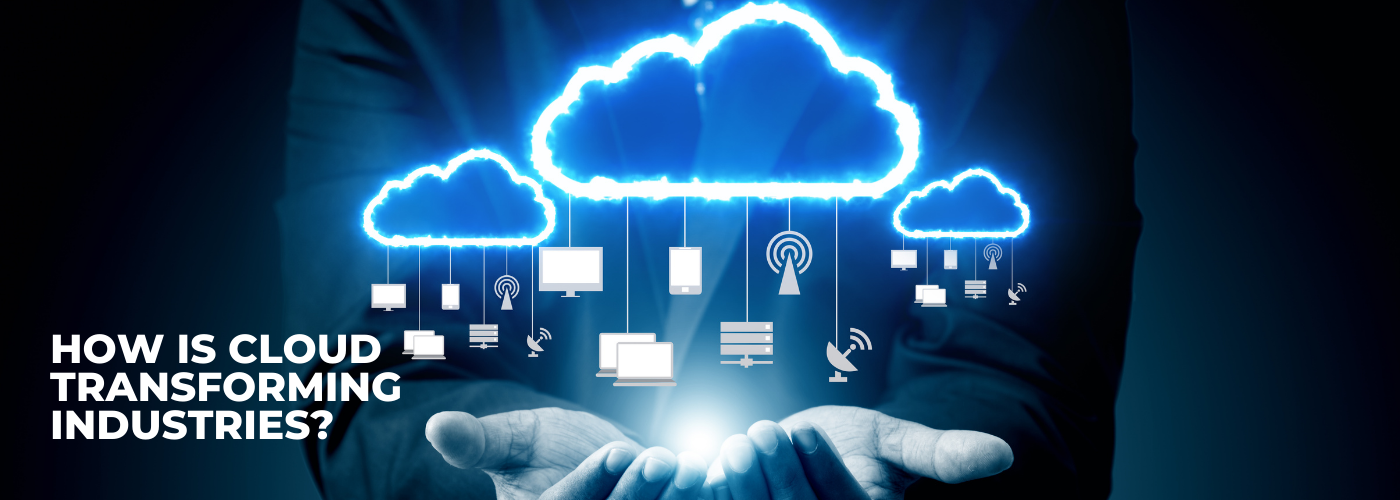
Nov
10
2021
How is Cloud transforming Industries?
Cloud technology has been impactful in transforming business. From cost savings to easy collaboration, the usage of the Cloud has

Sept
27
2021
4 Tips for Protection Against Unsafe Emails
Earlier, the spotting of malicious content in emails was quite an easy task. However, due to the rise in technology,
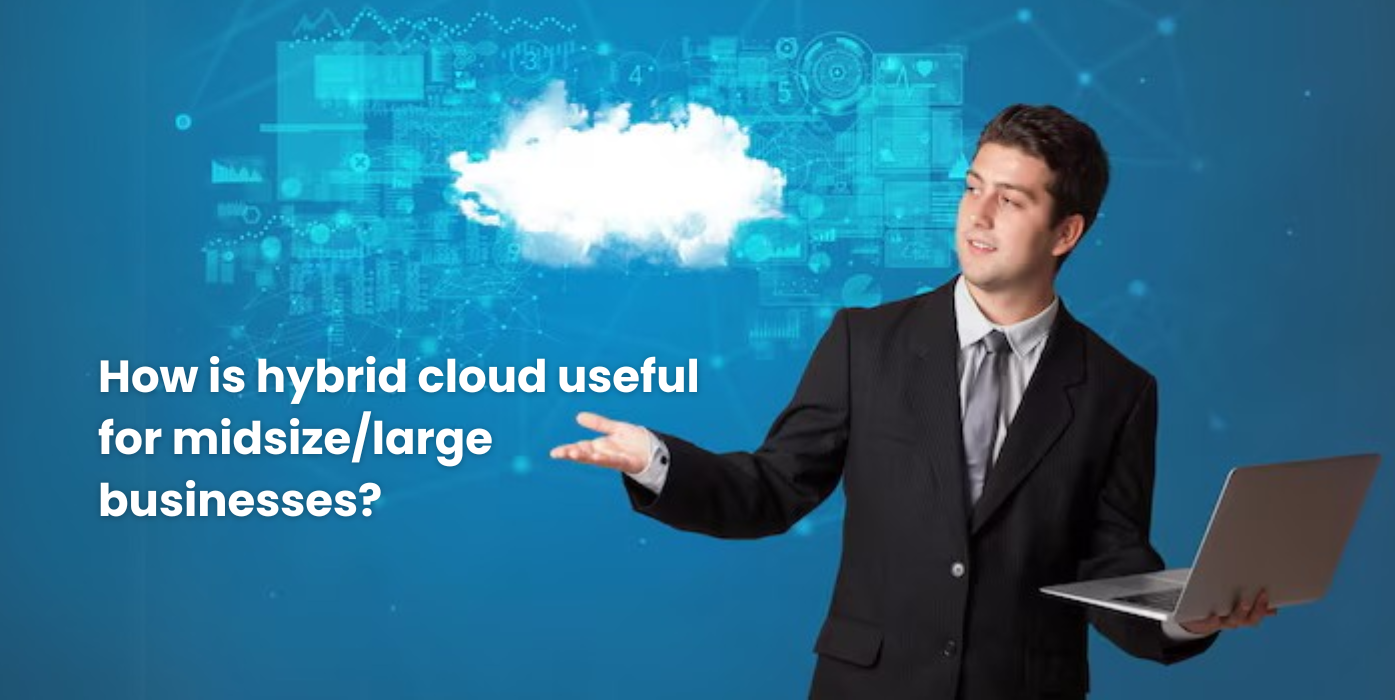
Sept
24
2021
How is hybrid cloud useful for midsize/large businesses?
A hybrid cloud can be defined as a cloud computing environment that utilizes a combination of on-premises private cloud and

Sept
22
2021
How to Protect Your Data from a Ransomware Attack
What is a Ransomware attack? It can be defined as a malware attack that is carried out deliberately to encrypt
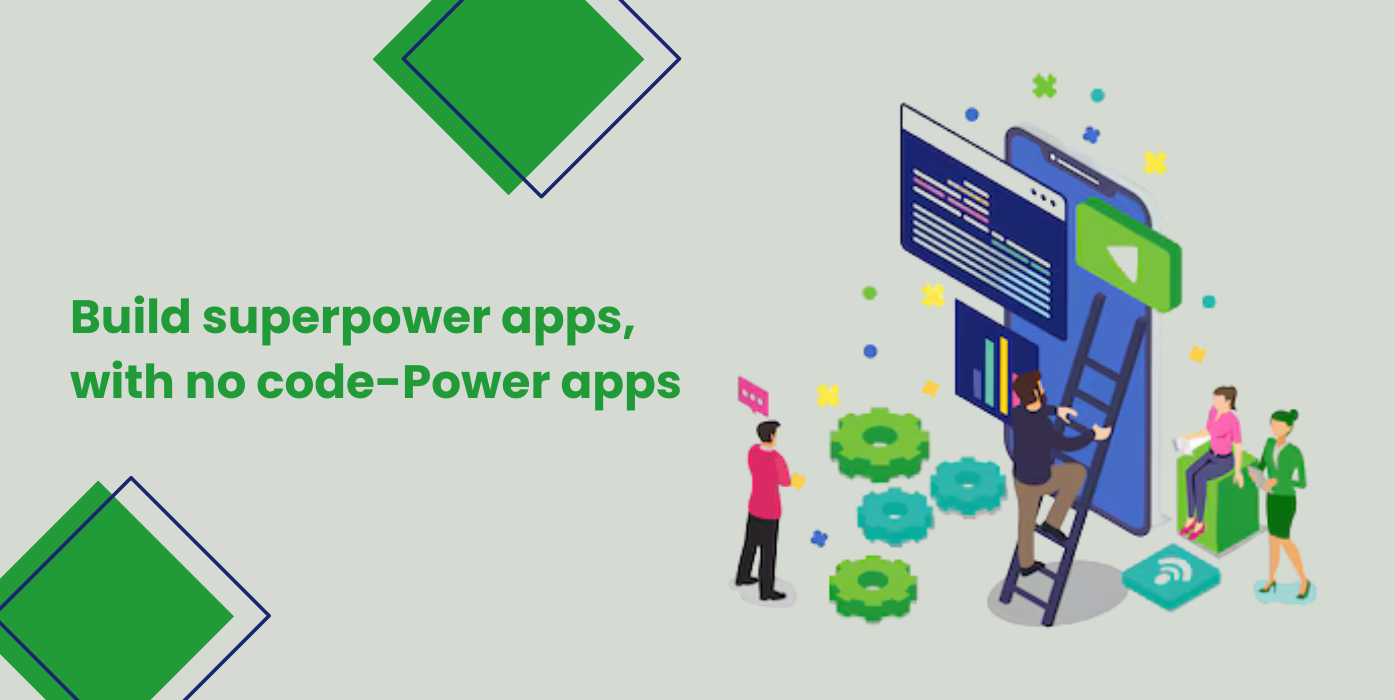
Aug
24
2021
Build superpower apps, with no code-Power apps
PowerApps is a tool that allows you to create custom apps, leveraging many of the features of the Office 365

Aug
11
2021
Why do you need a Modern Workplace – M365?
Microsoft 365, a world of enhanced productivity and collaboration that drives a team to achieve more together, is a complete
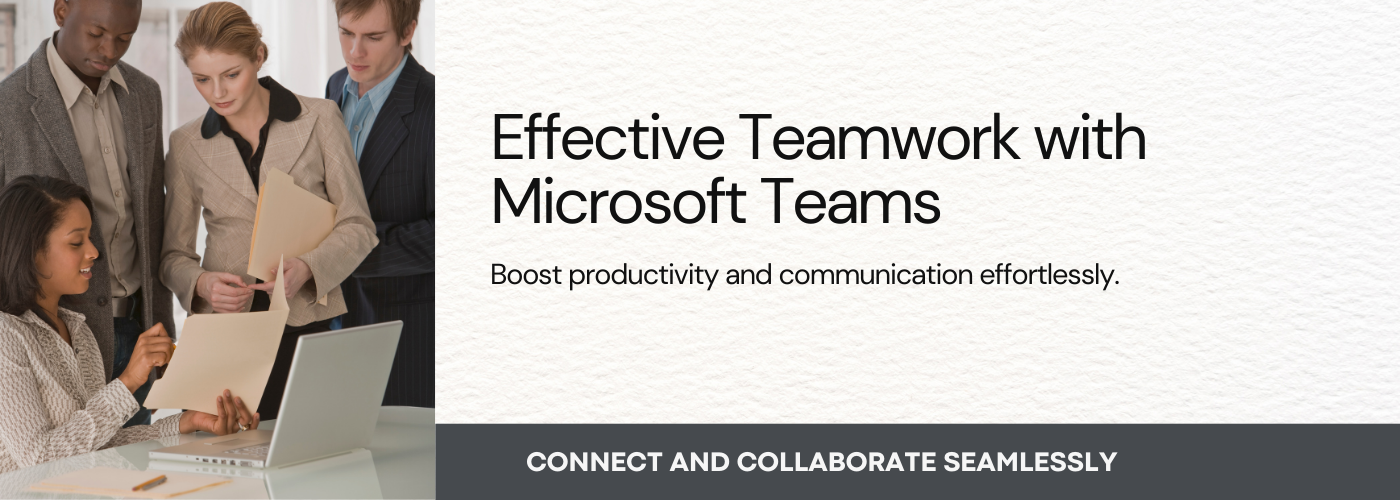
July
02
2021
Microsoft Teams Updates (June 2021)
In this blog, we will be discussing the various Microsoft Teams updates in the month of June. Meeting Updates: During

June
22
2021
Microsoft rebrands Windows Virtual Desktop as Azure Virtual Desktop
Microsoft’s virtual desktop infrastructure platform has been rebranded under the Azure name and notified of new security and management capabilities

May
07
2021
How Startups can succeed with Cloud Computing?
Startups are an enjoyable but demanding professional experience. A host of entrepreneurially dedicated professionals pursue their passion and dive into

May
04
2021
Azure AD SSO & AWS – Connecting the Rivals
Being part of Mismo Systems, I am fortunate enough to get to work on a diverse set of projects. Few

May
04
2021
A quick look at the 4 Most Used Services on Microsoft Azure
1. Azure Compute Azure compute is an on-demand computing service for running cloud-based applications. Azure compute service can be divided broadly into three

May
01
2021
Cloud Security – A shared responsibility
We see all businesses small or big, consuming cloud technology in one or another way. The pandemic has increased the

Apr
18
2021
Breakout Rooms and Its Usage – Microsoft Teams
In this blog, we are going to discuss a feature provided by Microsoft teams known as Breakout rooms. Also, we

Apr
12
2021
Is Cloud cheaper than On-premises Data Centres?
Cloud has bloomed over the last decade, according to Goldman’s analysts almost 23% of IT workloads now live on Public

Apr
04
2021
Amazon CloudFront
Amazon CloudFront is a brisk Content Delivery Network (CDN) service that safely transfers data, videos, applications, and Application Programming Interface

Apr
04
2021
Hosting with Transparency, Compliance, and Security
We help customers host applications on the cloud, this includes accounting systems including Tally, ERP software including SAP, and Navision.
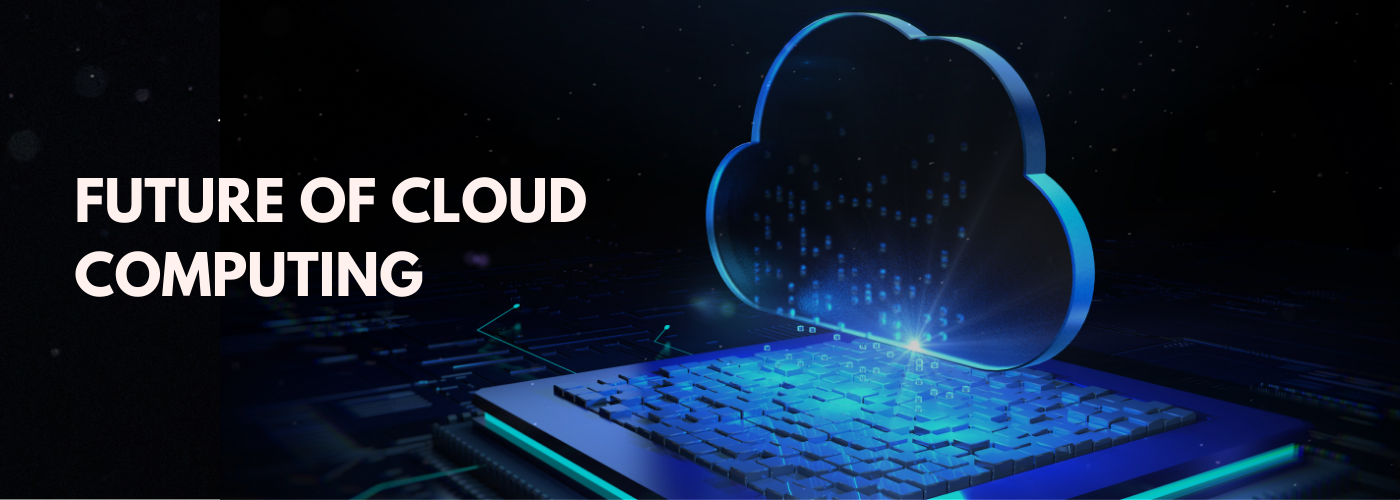
Apr
04
2021
Future of Cloud Computing
Cloud computing has established itself as the inevitable future when it comes to IT services. This picture becomes much clearer

Apr
04
2021
AWS Security Features
The Amazon Web Services (AWS) in terms of security follow a shared responsibility model. So, the security ‘of’ the cloud is on

Mar
14
2021
Azure vs AWS
It’s Azure vs AWS!! Read this blog to know the major differences between Azure & AWS. What is Azure? Microsoft

Mar
04
2021
Amazon FSx – How can it help you?
The Amazon FSx has a very efficient way of deploying and running traditional file servers in the cloud that is

Mar
04
2021
What is Budget in Azure and how can you set the Budget?
Budget in Azure to manage and monitor the spending or consumed cost for Azure services. We can apply budget on

Feb
23
2021
DevOps with AWS
What is CI CD? Continuous Integration Developers work on the code which is stored in a code repository. Code repository

Feb
09
2021
Azure Firewall
Azure Firewall is a managed, cloud-based network security service that protects your Azure virtual network resources. You can centrally create,

Feb
04
2021
AWS Directory Service: The Amazon Cloud Active Directory!
The AWS Directory Service provides several ways to use the Microsoft Active Directory (AD) with other AWS utilities. Information regarding

Feb
03
2021
Package Manager for Microsoft Intune Administrators – Part 1
Deploying applications to end-user Windows machines has never been easier if you are a Microsoft Intune administrator. Earlier what used

Feb
02
2021
Major Cloud Concerns – Do corporate agents, cyber hackers, and governments have access to my data if it is in the cloud?
This is one of the major cloud concerns for many companies, but it is irrational. Your IT team manages access,

Jan
04
2021
How Global admin can give someone’s OneDrive access to another user?
Please follow the below steps to use this feature. Go to Admin Center https://admin.microsoft.com/ > User>Active Users> Search Name>Click on User Profile.

Dec
04
2020
Microsoft Secure Score
Microsoft Secure Score is a security analytics tool that provides better security configuration and security features. It applies a numerical
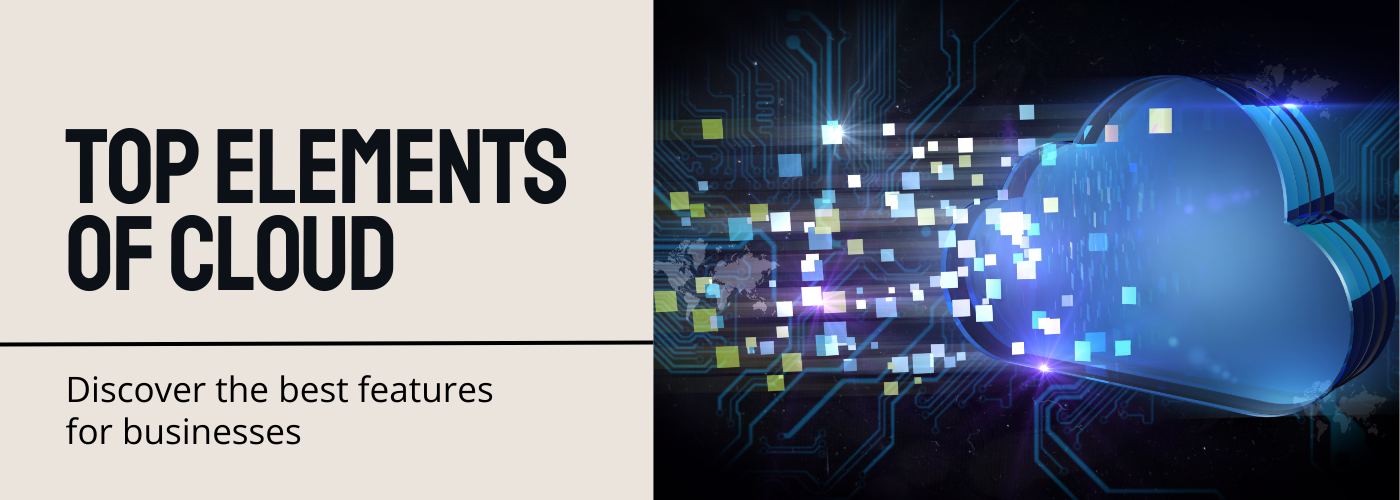
Dec
04
2020
Top 10 Elements of The Cloud
In this blog I will be talking about the Top 10 elements of Cloud. Virtual Network: Create a logically isolated section

Nov
04
2020
AWS CodePipeline
AWS CodePipeline is an Amazon Web Services tool that automates the app deployment process, enabling the developer to easily create,

Nov
03
2020
How Cloud Computing Can Improve Your Business?
Cloud computing provides users with access to files, applications, data, and services from their Internet-connected devices, such as smartphones, laptops,

Sept
04
2020
Visio Tabs in Microsoft Teams
Visio Tabs in Microsoft Teams allows team members in a dedicated space to access resources and information in a channel

Aug
04
2020
Cloud or On-prem? – All you need to know about moving to Office 365
Protection and uptime are usual for Office 365 in the cloud. Companies are generating data at an utterly impressive pace
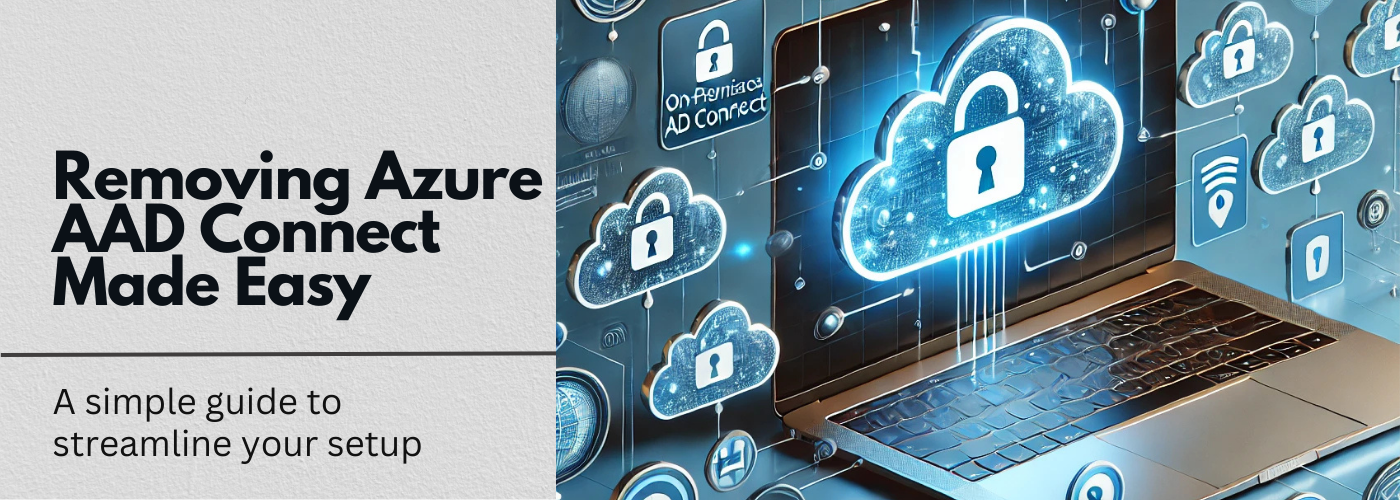
Feb
09
2019
Remove Azure AAD Connect
Let’s see the steps to disable AD Sync, remove AAD connect and move to cloud-only administration. 1. Download Azure Active
No Comments